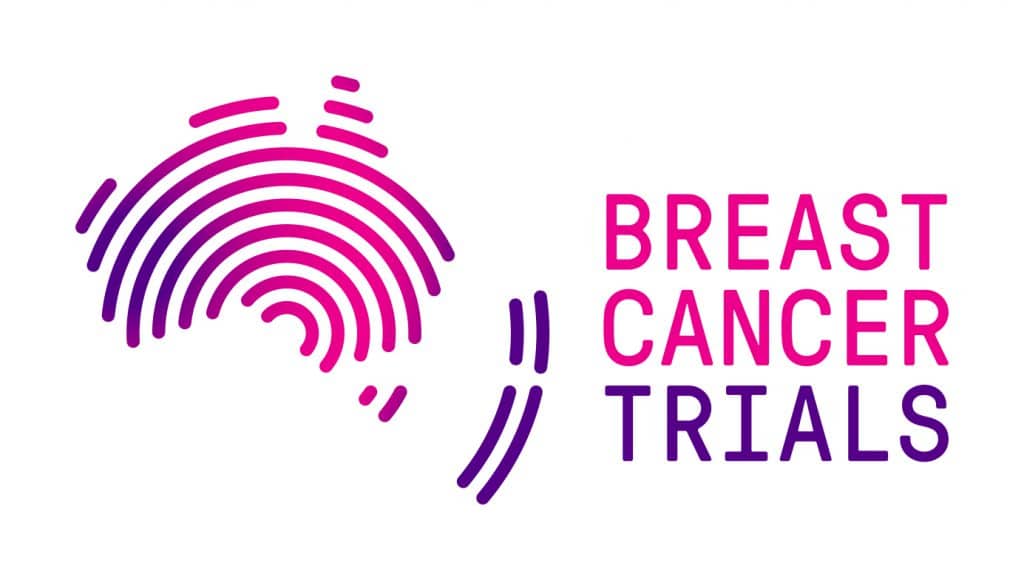Supporting Yourself and Your Loved Ones
Having somebody close to you diagnosed with breast cancer can be traumatic and difficult.
It can be hard to know what to do or say to help support that person after they have received their diagnosis and as they go through treatment.
Clinical psychologist and Cancer Council SA Senior Research Fellow Dr Lisa Beatty said it’s common to feel overwhelmed when someone close to you has received a diagnosis.
“We know from the research literature, the rates of distress for the loved ones of people with cancer are actually just as high, if not higher, than the patients themselves.”
“They can also be stuck in the position of not really feeling like they can voice that concern to the person with cancer, because they’re the ones that are going through it, but also to the family around them, because the focus, understandably, is on the patient at the time.”
Treating Breast Cancer As A Family Illness
Dr Beatty said when speaking with her patients, she emphasises that cancer is a ‘family illness’.
“It might be housed in one person’s body, but it affects everyone under the roof.”
“It is really important for the patient to actually be looking out for their loved one and keeping a bit of an eye on their mental health too and making sure there is the opportunity for the loved ones to have support around them, to speak to someone.”
Dr Beatty emphasised that this support does not have to be the patient, but it can help.
“Often the metaphor we use is two people leaning on each other is actually much stronger than each person trying to stand in isolation.”
“So, leaning on each other and de-briefing with each other as you go through is a really important thing to be doing during treatment.”
Listen to the podcast
Listen to our conversation with Dr Lisa Beatty
What Is The ‘Right Thing’ To Say To Someone Diagnosed With Breast Cancer?
The important thing to note is that you do not go silent on your loved one. It can be difficult to know what ‘the right thing to say’ is, but according to Dr Beatty, the only ‘wrong thing’ to say is to say nothing at all.
“That is probably the most hurtful thing that people will tell me.”
“It does often come out of that fear of ‘I don’t want to say the wrong thing’ that they end up finding that they lose support because people are so fearful of saying the wrong thing that they say nothing and back away.”
“So, I am sure that most people would agree with me that they would have much preferred people to be coming and approaching them and risking saying the wrong thing, that could be gently corrected, rather than saying nothing at all and not being present.”
If finding the right thing to say is difficult, actions can often speak louder than words.
“Some people like to do up lists of practicalities that can be helped; in terms of going and doing grocery shopping or picking up kids from schools or coming in and doing some of the actual housework or people chipping in and paying for a cleaner,” said Dr Beatty.
Taking Care Of Yourself When Taking Care Of A Loved One
Dr Beatty said that while your energy may be focused on ensuring that your recently diagnosed loved one is coping, it’s very important to ensure you are also coping.
“I think the important thing is to make sure that you’ve got someone that you can talk to and you feel comfortable telling how you’re feeling.”
Dr Beatty said it is important to know that it is OK to not feel OK when someone close to you has been diagnosed.
“Whether it’s your GP, whether it’s a friend, go and speak to someone.”
“Quite often the services that are available to the patient are also available to the loved ones too.”
QUICK ACCESS
Support Us
Help us to change lives through breast cancer clinical trials research



